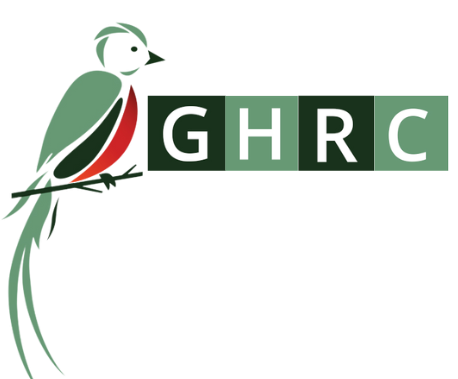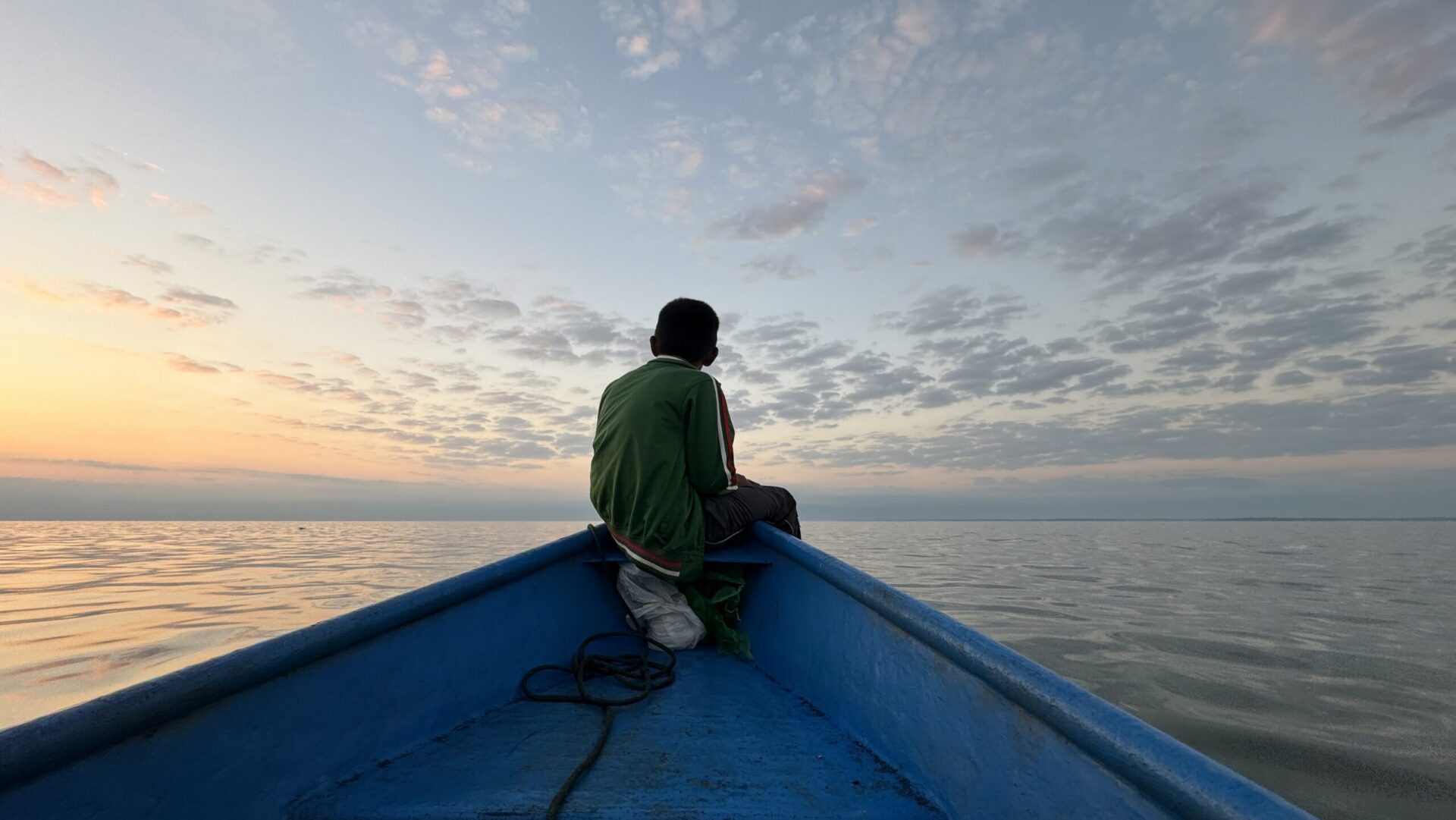Joint letter sent to presidents of El Salvador, Guatemala, Honduras, Mexico and the US
FOR IMMEDIATE RELEASE
April 10, 2015 (Washington, DC) – As meetings begin at the Summit of the Americas in Panama, 75 civil society organizations and groups from throughout the hemisphere sent a joint letter (also available in Spanish) to the presidents of El Salvador, Guatemala, Honduras, Mexico and the US to express urgent concerns about the proposed Alliance for Prosperity Plan for the Northern Triangle.
The regional plan was developed by the governments of El Salvador, Guatemala, Honduras and the Inter-American Development Bank, with support from the United States. Though ostensibly created to address the flow of Central American immigrants to the US, human rights defenders, labor leaders and environmental advocates throughout the region worry that the plan will exacerbate poverty and violence.
“One of our deepest concerns about the Alliance for Prosperity Plan is that it perpetuates the same economic policies that have already resulted in skyrocketing inequality,” said Kelsey Alford-Jones, Executive Director of the Guatemala Human Rights Commission in Washington, DC. “We are especially alarmed by the proposed construction of large-scale infrastructure projects and the expansion of extractive industries, which have caused a lot of forced displacement throughout the region and is often associated with violence against communities that organize to defend their lands and livelihoods.”
Signers of the letter, which include human rights, environmental, women’s, labor, faith and community organizations, denounced the lack of democratic consultation with affected populations, writing that the Plan had been developed “behind closed doors.”
Militarized security policies associated with the War on Drugs were identified as one of the principal causes of the refugee and human rights crisis in the regions, leading advocates to challenge the continuation of such policies under the Alliance for Prosperity.
“One of the greatest dangers posed by the current Plan is the proposal to militarize the regional borders within Central America,” said Laura Embree-Lowry, Program Director at the Committee in Solidarity with the People of El Salvador (CISPES). “Not only does it risk violating the human right to free transit, it’s likely to lead to even more rampant abuses against refugees and migrants traveling throughout Central America and Mexico.”
The organizations called on all five presidents to immediately carry out a participatory democracy process of citizen consultation before moving forward, to de-militarize security forces, to address corruption and impunity, to investigate and prosecute crimes and abuses committed against migrants, and to improve and expedite refugee services, especially in the United States.
###
Contact: Alexis Stoumbelis
Washington, DC
(978) 394-0425

